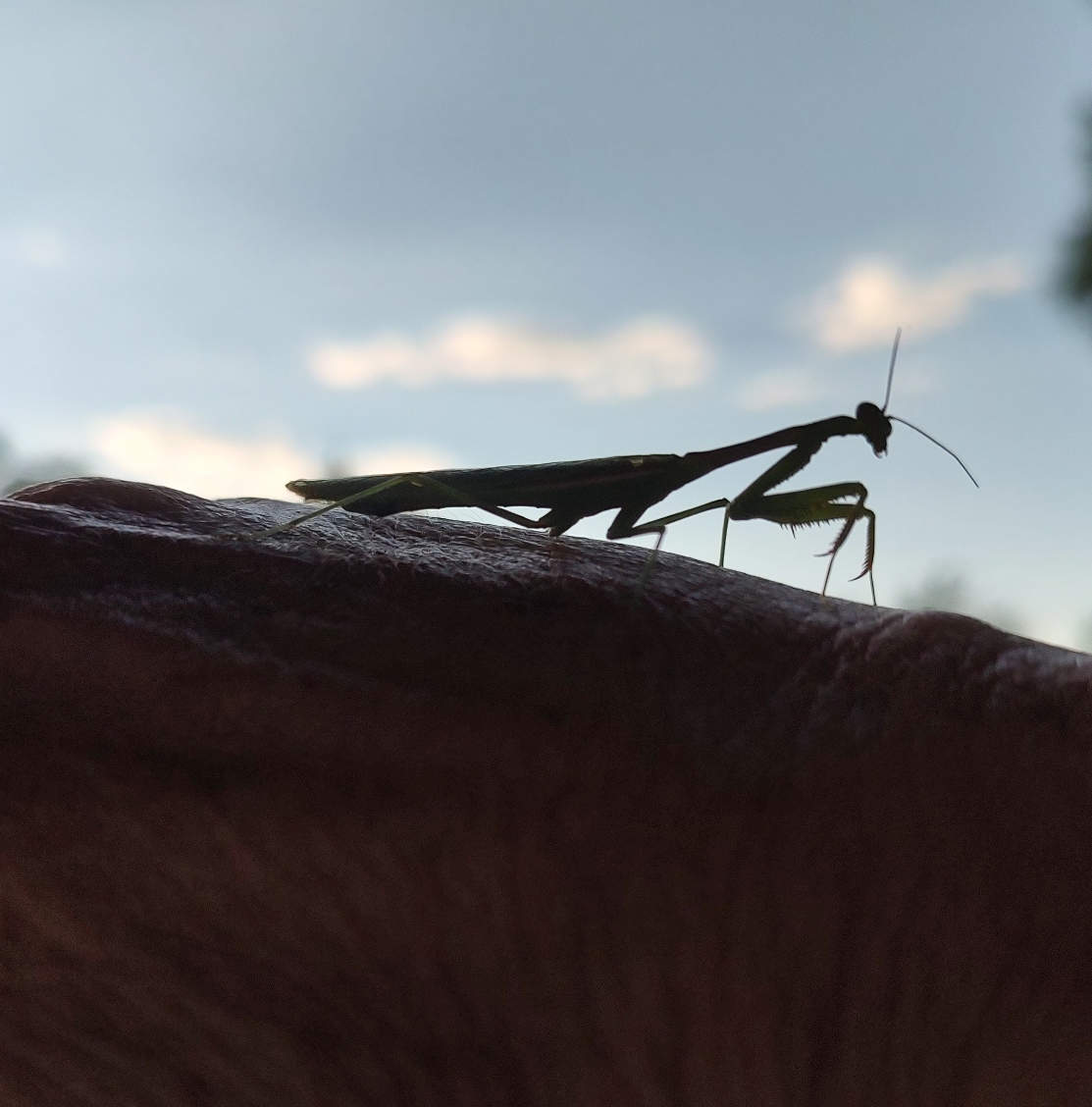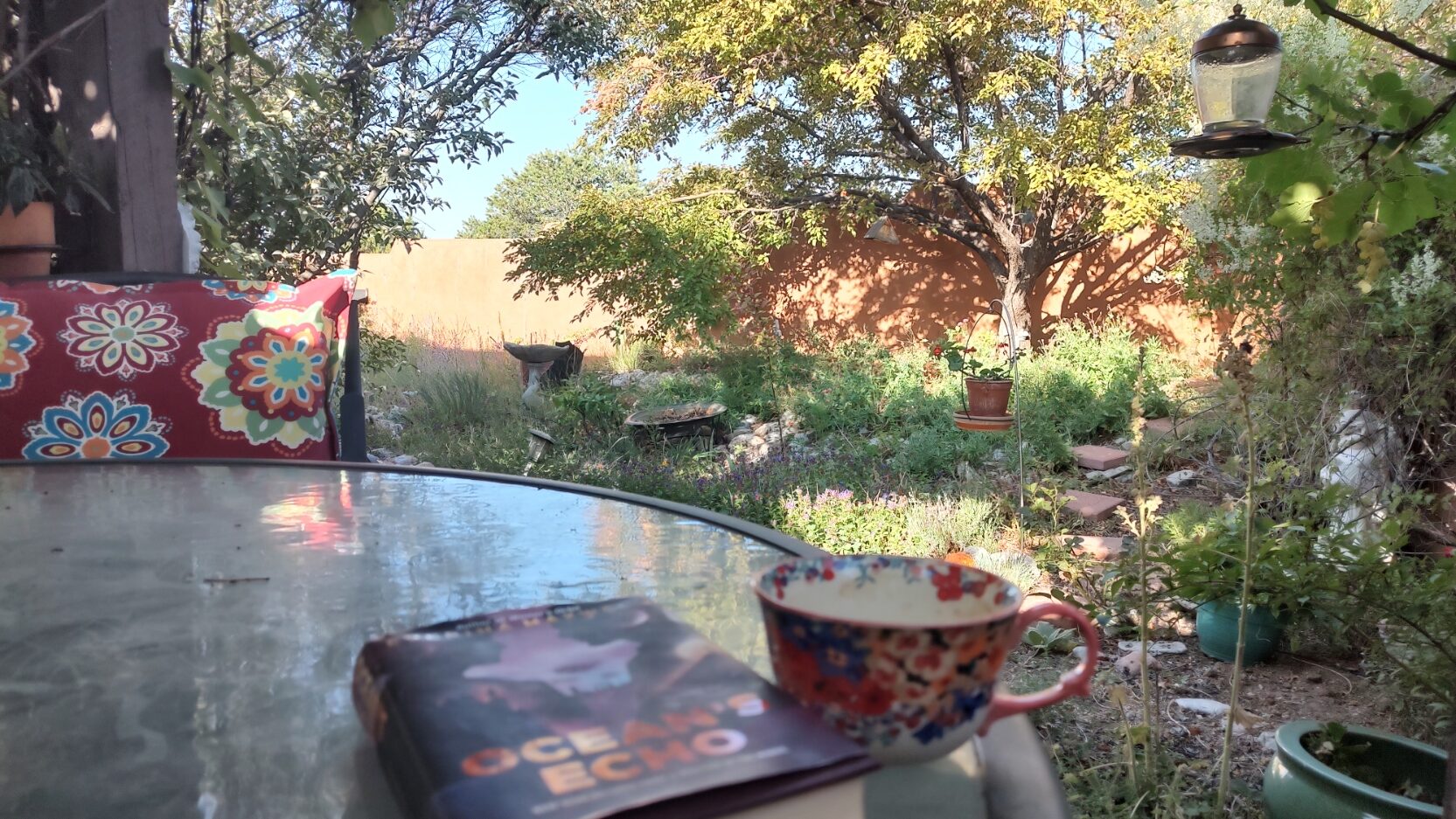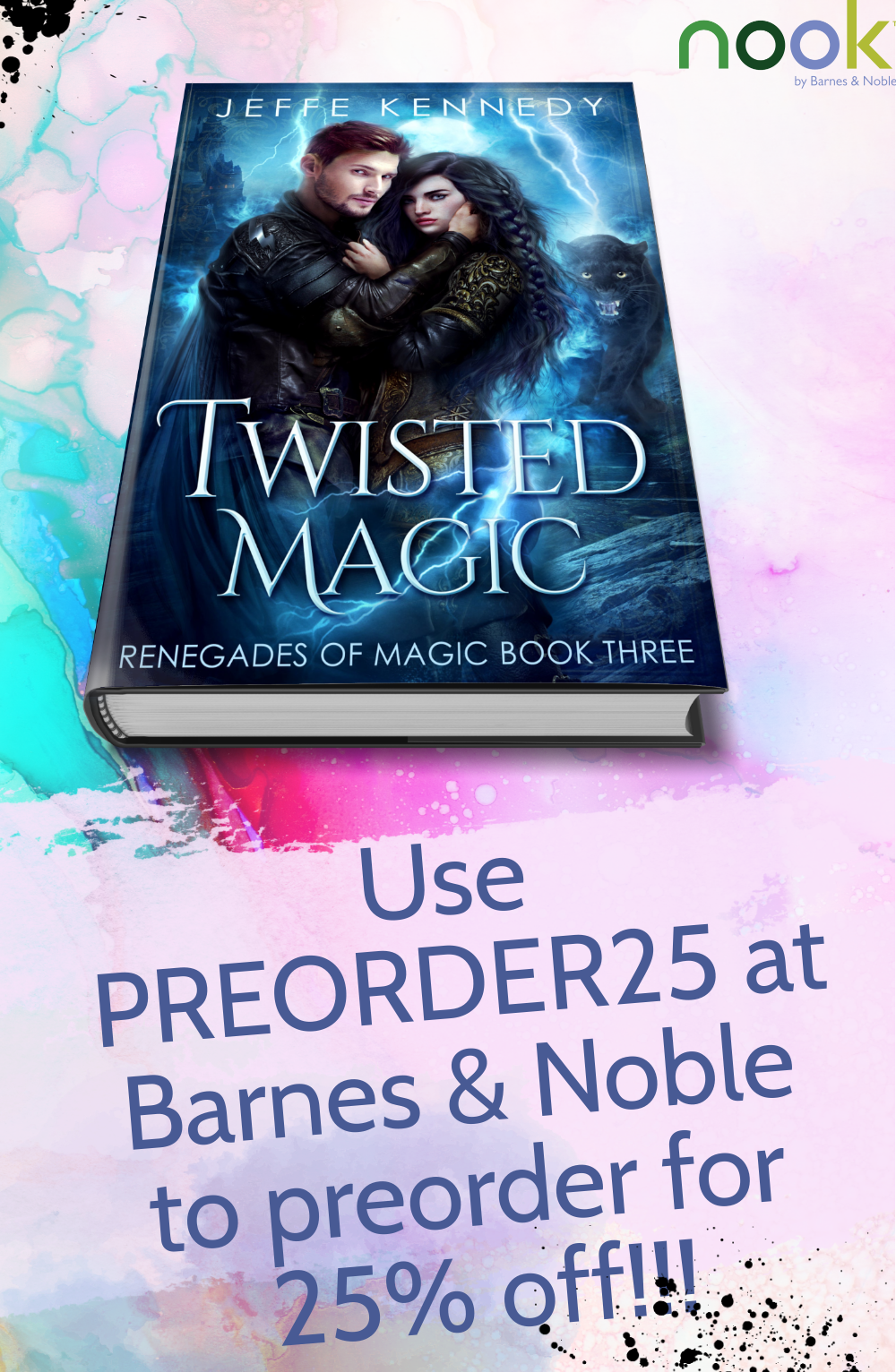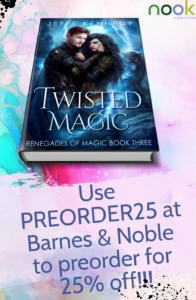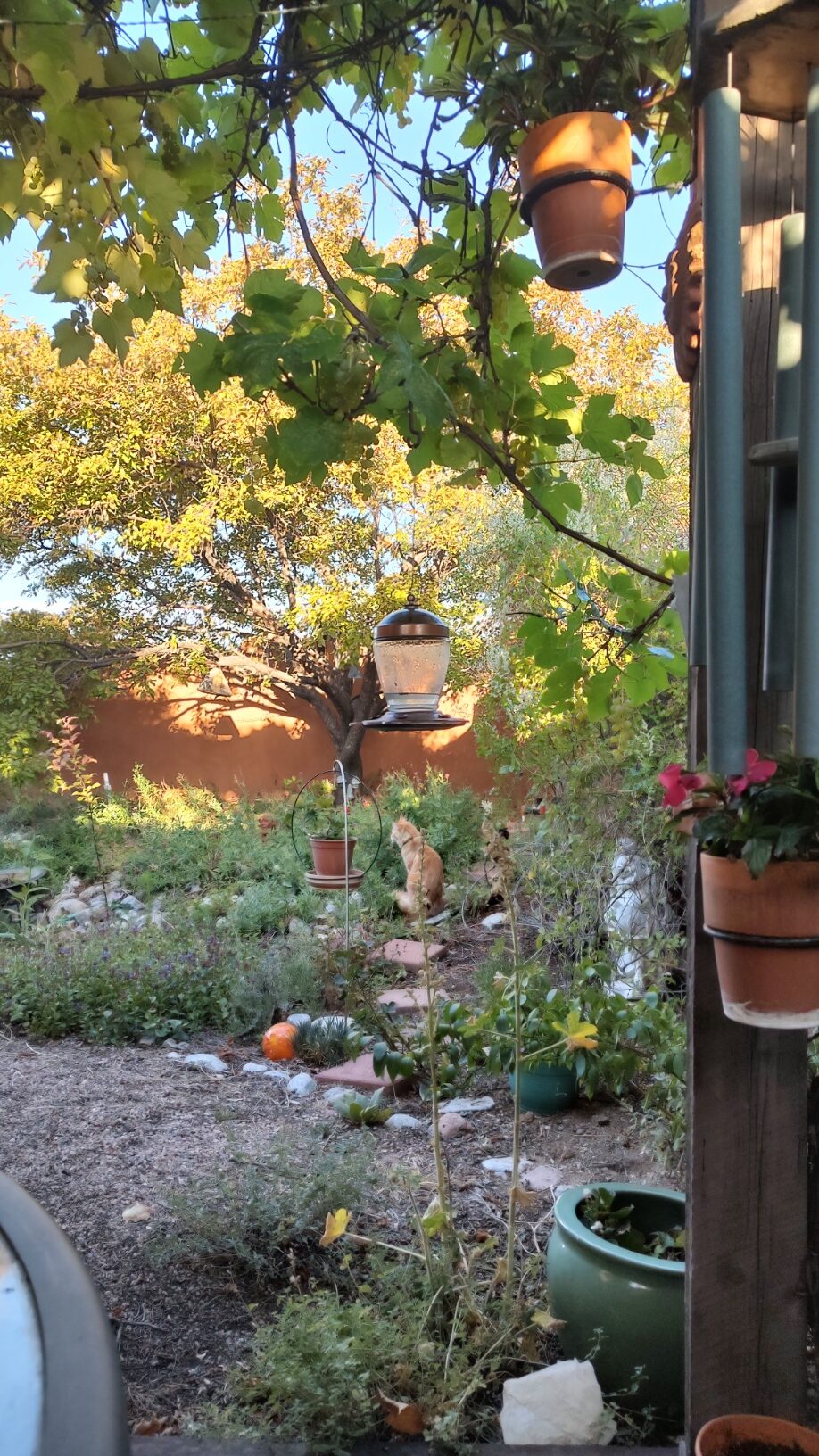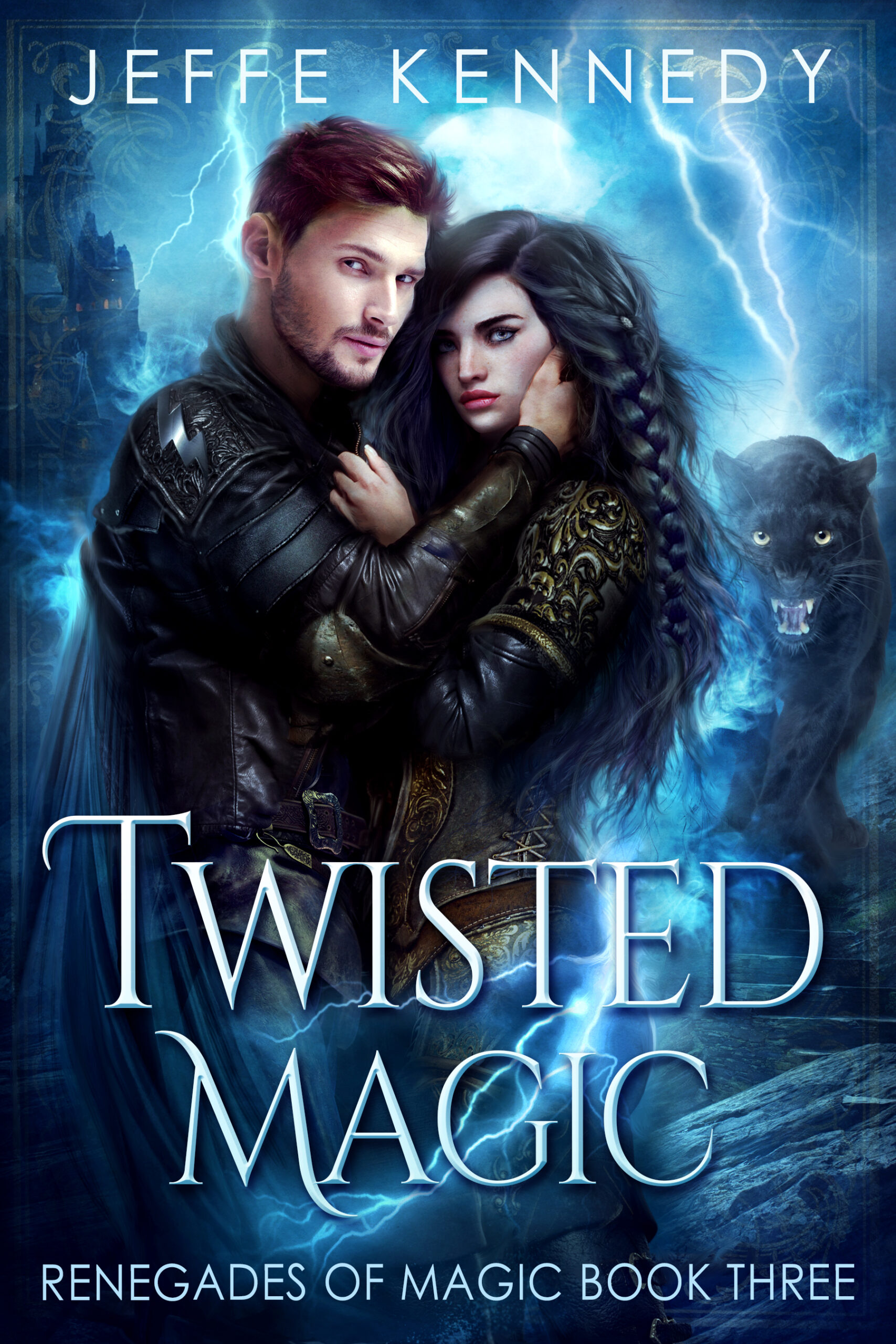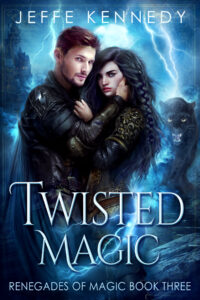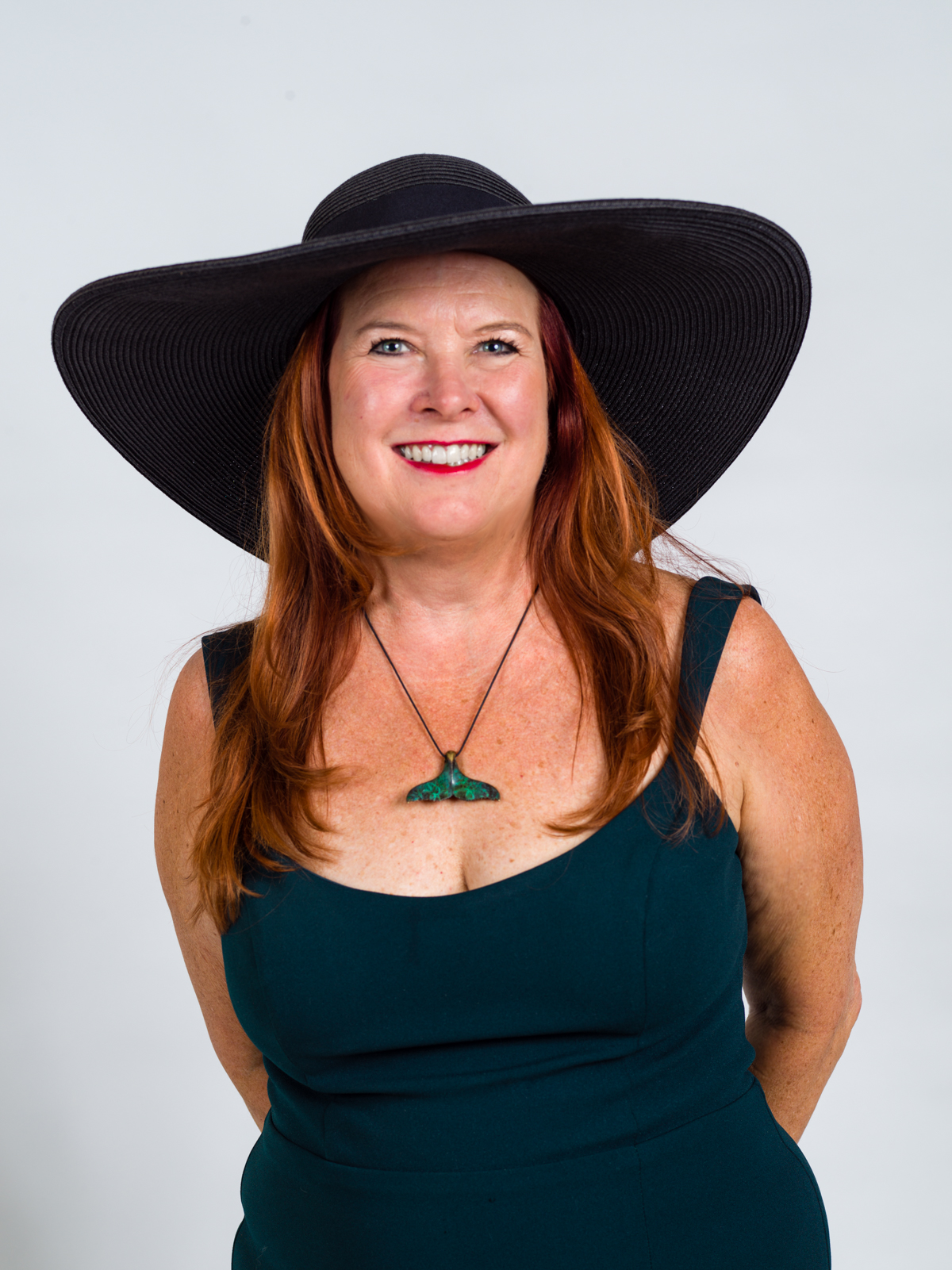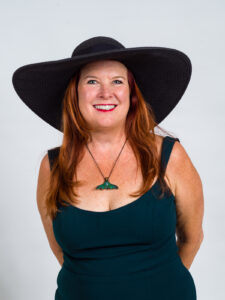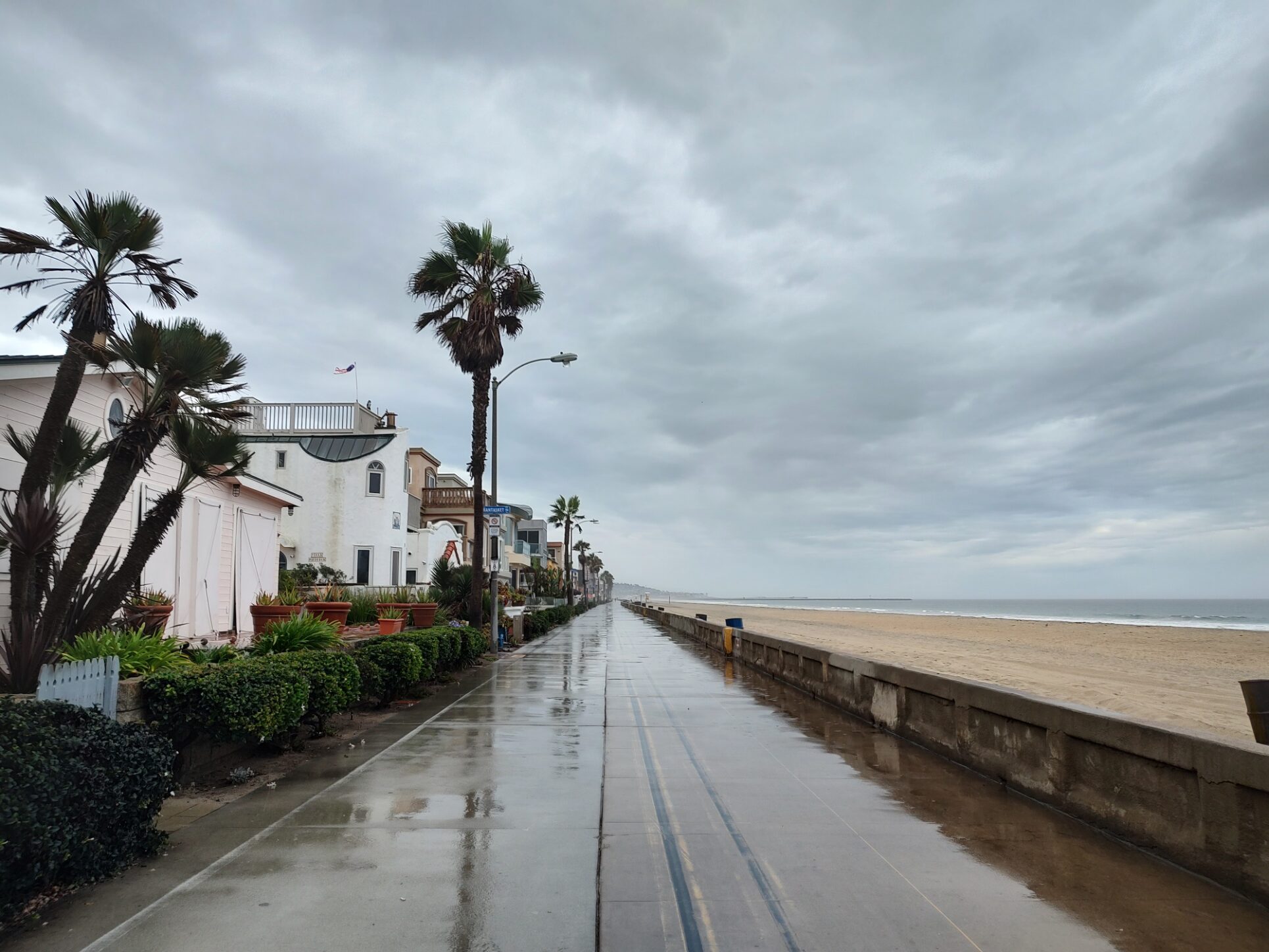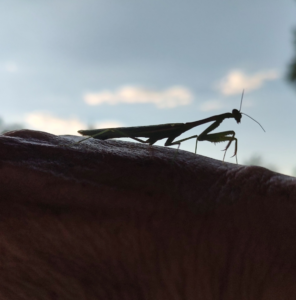
A praying mantis friend found her way onto my skirt the other day. Just one of many special blessings coming my way lately!
Our topic at the SFF Seven this week is the most unpublishable niche story we ever wrote.
Mine isn’t necessarily a niche story – although it was of indistinguishable genre – but it was absolutely unpublishable and totally, as KAK puts it, cringe. In truth, it’s because I can’t think of this piece without that soul-deep cringe, that it springs to mind here. It wasn’t even worthy of the word “story,” it was that terrible.
See, I’d decided to become a writer. I’d cut bait on my PhD, got my MS, got a job as an editor/writer to build my chops, and was taking night classes to learn. But I hadn’t gotten very good at the actual WRITING part. As in, I had no writing habit, I hadn’t finished much of anything, and I was pretty much just farting around. Then I heard on the radio that Wyoming Arts Council (I lived in Wyoming at the time) was offering fellowships in literature. They had a rotating schedule between fiction, nonfiction, and poetry. I could either submit something for that year’s award or wait three years. Since three years seemed like an impossibly long time then, I was determined to enter the competition that year.
Only I didn’t have anything much to submit. But! I decided that I could enter the first few pages of a novel I’d started – the only pages I had of it – and trust that the judges would be so dazzled by the sheer promise of my work that they’d fall all over themselves to give me the fellowship.
Cringe cringe cringe
I have no idea what those judges thought of my fragmented pages of nothing. I obviously didn’t win, nor did I receive any comments. Only much later did I realize just how delusionary I’d been.
But you know what? Many years later, I did win one of those fellowships. It just took time, lots of dedicated work, and pulling my head out of my delusions.
